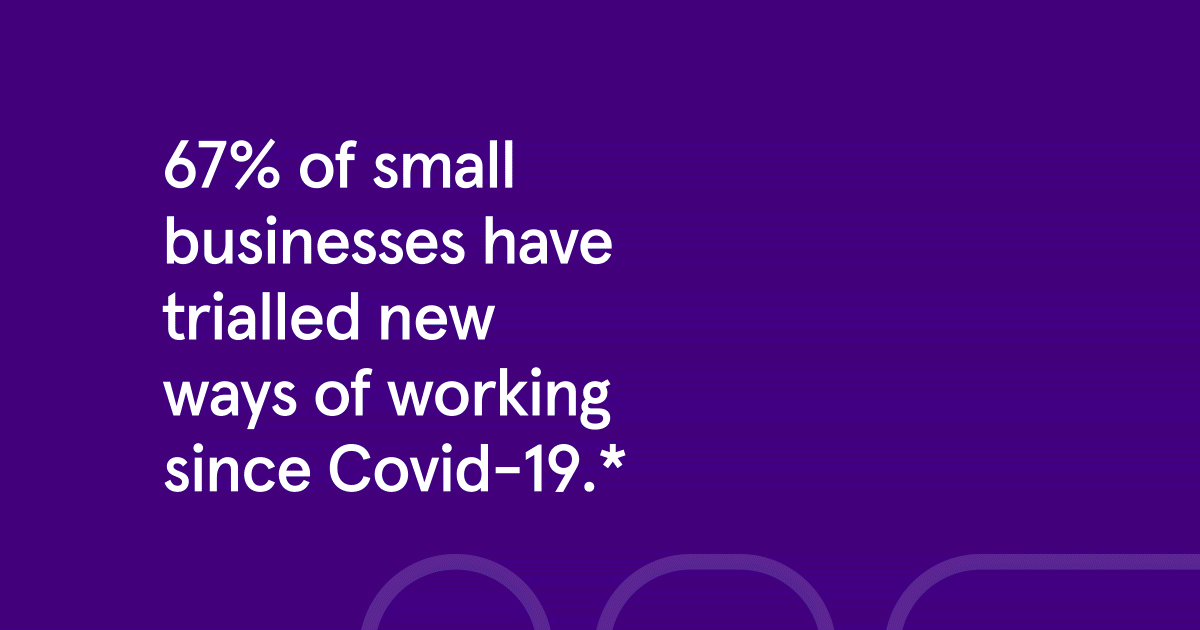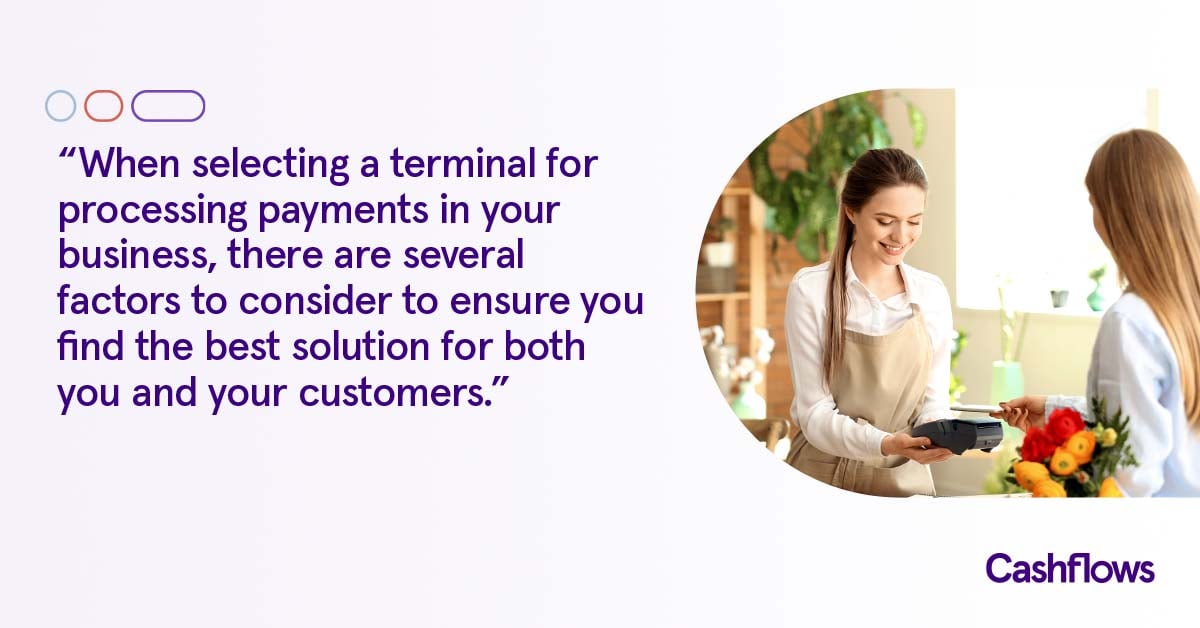Pivot. It’s up there with ‘lockdown’, ‘quarantine’, and ‘furlough’ as one of the most commonly used words of the last year. The coronavirus pandemic wreaked havoc on small businesses, forcing them to find new ways to operate.
The Visa Back to Business Study* found that 67% of small businesses have tried a new approach to keep their business on track and meet consumer demands since the onset of Covid-19. Selling online, advertising on social media, and enabling new digital payment methods are just some of the ways businesses adapted to survive. It’s estimated that businesses jumped five years forward in terms of digital adoption in just eight weeks.
But not every business has weathered the storm. As of September 2020, an estimated 234,000 SMEs in the UK had already permanently ceased trading. And a record 250,000 are believed to be on the brink of closure in 2021.
It seems the small businesses who were able to adopt new payment methods and a digital-first mindset to meet changing consumer needs and expectations are faring better than the rest.
Contactless payment adoption
The use of contactless payment methods accelerated in the wake of the pandemic due to intensified safety concerns and an increase in the transaction limit. More than a quarter of all UK payments in 2020 were contactless, accounting for 9.6 billion transactions. In the US, Mastercard revealed a 136% increase in contactless transactions in the year to July 2020.
With the fear of virus transmission top of mind, consumers were reluctant to handle cash - and contactless payment became the method of choice.
Small businesses that were not already set up to meet these new demands were forced to quickly adopt contactless payment technologies in order to survive. Those able to accept both tap-and-go cards and digital wallets, the likes of Apple Pay, Samsung Pay, and Google Pay, found themselves better able to retain customers and stay afloat.
Expanding beyond face to face
With the nation in lockdown, small businesses expanded their customer touchpoints beyond face-to-face. Those that successfully achieved this not only came out relatively unscathed, but some are even finding themselves thriving beyond their expectations.
With people unable to get to the shops, many small businesses quickly set up virtual terminals so that they could take payments remotely. This allowed them to make sales over the phone or through social media to retain their customers and keep bringing in revenue.
Many small businesses also set up their own eCommerce websites so they could sell directly to customers online. By offering a smooth, optimised checkout experience, they have been able to maintain, and in some cases, grow revenue from customers.
However, there are those who either didn’t or were unable to take advantage of digital. Sadly, these businesses will have missed out on the more than £141.33 billion spent online in the UK in 2020, with the huge surge in the eCommerce market.
Looking to the future
Visa’s research found that 75% of small business owners feel optimistic about the future of their business. Another study found that 78% of small business owners are confident about their future, with 54% expecting to experience a growth in turnover in the next 12 months.
One thing that has helped many small businesses to stay afloat during the pandemic is the overwhelming support they received from their local communities. Though forced apart by long periods of lockdown and social distancing guidelines, people became more connected than ever. This thriving community spirit translated to consumer habits, with people making concerted efforts to 'shop local'. And this is no doubt having a big impact on how small business owners feel about the future.
Going forward, small businesses can be certain that, despite the move to new payment methods and accelerated digitisation being borne out of necessity, it will undoubtedly lead to more opportunities and further benefits in the long term.


